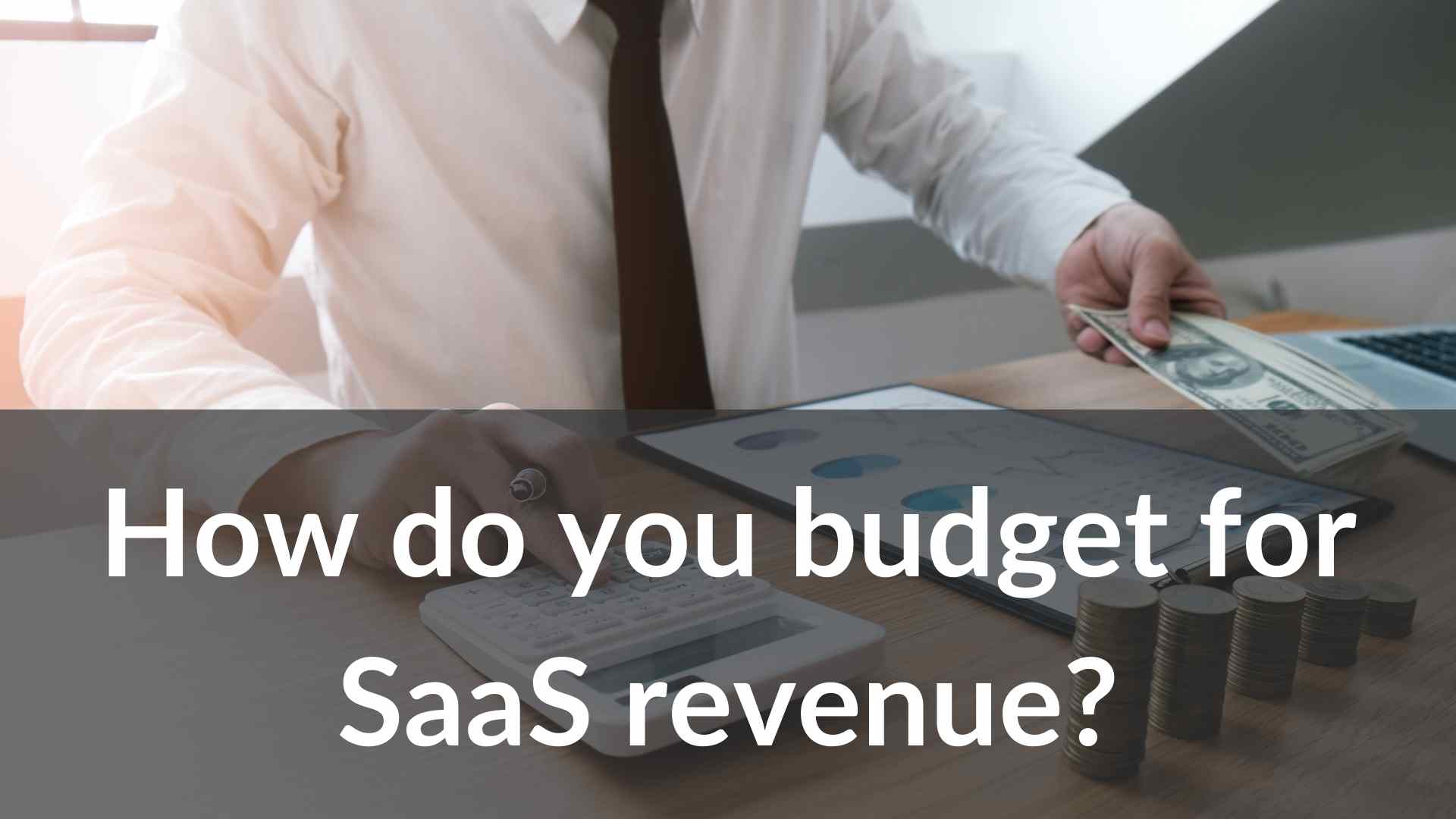How do you budget for SaaS revenue?
- E-Learning Platforms Worksuite


How to Budget for SaaS Revenue
For freelancers and small businesses, budgeting for SaaS (Software as a Service) revenue can be a challenging endeavor. SaaS pricing models differ substantially from one platform to another. To simplify the process and ensure you get the most out of your investments, it’s crucial to adopt a well-informed approach. According to a study by Datadab, companies vary in their spending patterns, which provides insight into what to anticipate.
Finding Subscriptions
The first step in budgeting for SaaS revenue is to identify which products or services will be most relevant to your operations. Various platforms like Rampiq shed light on the nuances of the B2B SaaS marketing budget. Thorough research is necessary to compare the features and costs of these services. This will allow you to gauge the real value they can bring to your business.
Gaining Insights into Usage
Having listed the potential subscriptions, the next step involves diving deep into how they will integrate into your operations. Platforms like Crunch Marketing offer great insights into the intricacies of SaaS marketing budgeting. Analyzing user feedback and observing usage trends will provide clarity on which tools truly cater to your needs.
Saving Money
In an environment where there are countless SaaS options, saving money becomes pivotal. It’s not just about picking the cheapest option but getting the maximum value for each dollar spent. An article from HelloRoketto emphasizes the importance of strategic spending in SaaS marketing. It’s also worth noting that many providers offer discounts for long-term commitments or upfront payments, which can lead to considerable cost savings. Consulting platforms such as Xander Marketing can provide insights into optimizing your budget.
Finding Subscriptions with High Integrity
Ensuring that you’re investing in high-integrity SaaS solutions is critical. Services should be reliable, secure, and meet the promises they advertise. Sastrify’s blog offers a comprehensive guide to SaaS budget planning, emphasizing the significance of transparency and integrity in providers. Another useful tool in this endeavor is the SaaS marketing budget template provided by Kalungi, which can assist in making well-informed decisions.
Conclusion
While budgeting for SaaS revenue might seem like navigating a maze, with the right resources and insights, it becomes a lot simpler. A holistic approach that combines identifying suitable services, understanding their impact, aiming for cost-effectiveness, and ensuring service integrity is the key. As Accelerate Agency highlights, the balance boils down to your specific goals and the customer base you’re targeting. Adopting such a structured strategy will ensure that every penny spent drives value to your business.








